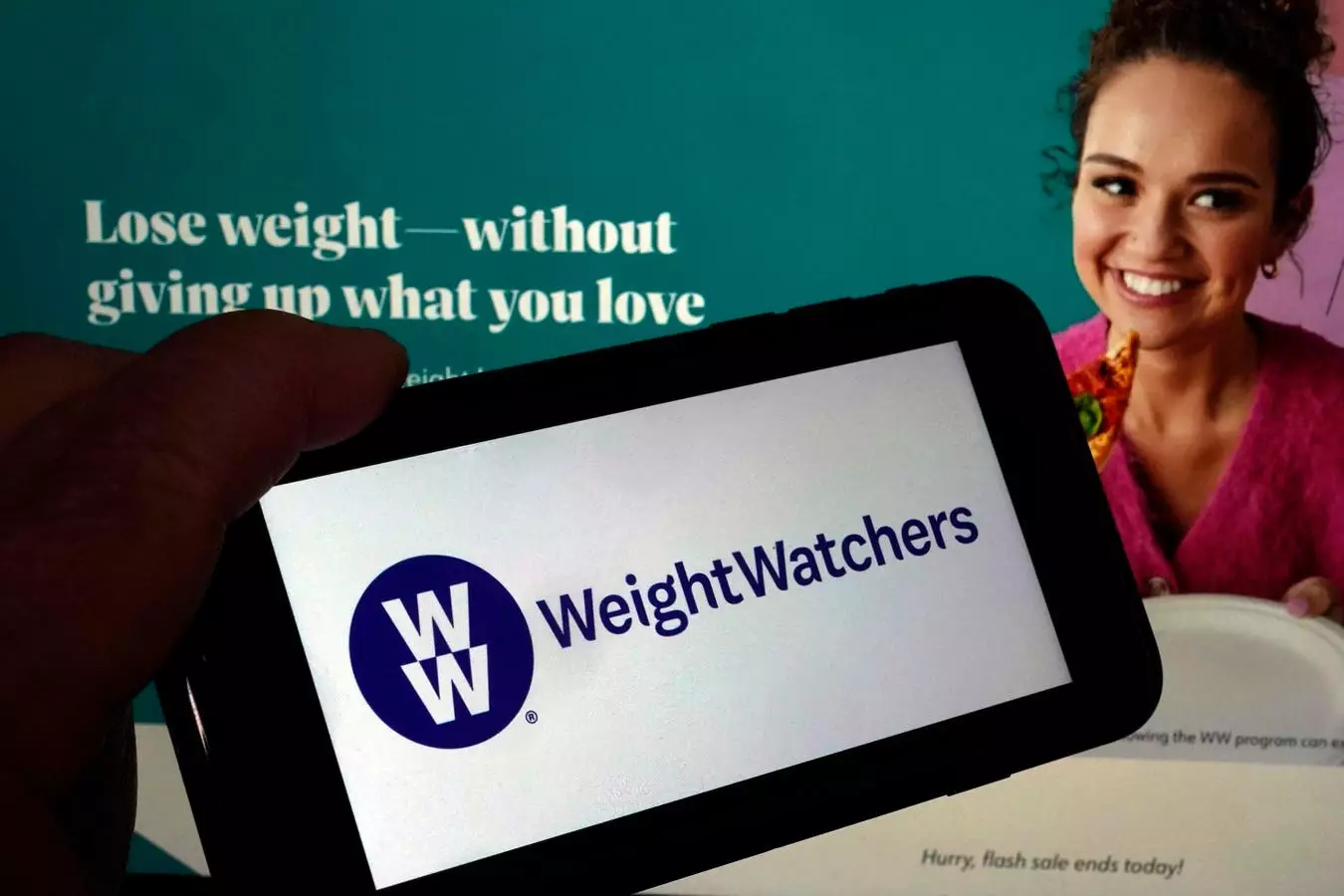The recent turmoil surrounding WW (formerly WeightWatchers) serves as a powerful lens through which we can examine the drastic changes in our relationship with health and wellness. As WW prepares to potentially file for bankruptcy, we must consider not just the business implications but also the cultural undercurrents that have shaped this narrative. This once-mighty institution influenced millions by creating an environment where community and accountability played central roles in the journey toward improved health. Weekly weigh-ins, shared experiences, and collective motivation defined its approach. Yet, as we find ourselves pivoting towards an age dominated by technology and individualized solutions, we must question the ramifications of such a shift: What are we losing as communal support in health transitions gives way to solitary digital experiences?
The Rise of Digital Solutions
With WW rebranding itself as a modern health organization, its recent acquisitions—including telehealth platforms that facilitate access to weight-loss medications—highlight a significant trend. Modern wellness, it seems, is increasingly intertwined with clinical solutions rather than communal support. The efficacy of these medications, as shown in recent studies, can’t be overstated; however, their rise prompts us to think critically about what it means to prioritize medical interventions over social connection. Medications may assist those struggling with weight issues, but they often do not address the broader emotional and social challenges individuals face. While impressive clinical outcomes are essential, we must ask: How does removing community engagement from weight loss initiatives affect our understanding of health and wellbeing?
The Complexities of Weight and Wellbeing
It is vital to recognize that the issue of weight is deeply intertwined with a host of societal factors, including socio-economic conditions and stressors that influence eating habits. A one-size-fits-all approach that focuses solely on biology undermines the intricate realities affecting many people’s lives. Therefore, as WW moves into a realm dominated by prescription-based solutions, we risk oversimplifying the complex nature of health. Ignoring the narratives of individual circumstances strips away the essence of what it means to grapple with weight and wellbeing—allowing stigma to persist while erasing broader discussions about food access, nutrition education, and emotional health.
Generational Gaps in Wellness Approaches
One cannot overlook the generational shift in attitudes toward health and nutrition. For younger cohorts, particularly Gen Z, rigidity is being replaced by a genuine pursuit of authenticity and mental wellness. They gravitate toward intuitive eating practices, validating their choices through personal value rather than adhering to prescriptive diets. In contrast, Millennials demonstrate a preference for convenience, driven by a fast-paced lifestyle that prioritizes accessible, global flavors over the meticulous calculation of food points. These evolving attitudes crave flexibility and resonate with a broader understanding of wellness that emphasizes balance rather than restriction.
Boomers and Gen X, who once formed the backbone of WW’s community, have not escaped this transformation. Though they have adapted to technology, their desire for emotionally resonant experiences keeps them yearning for the face-to-face connections that an app cannot replicate. The transition from in-person gatherings to app-based models feels like a dislocation, stripping away the rituals that once brought individuals together—dispelling the comforting feeling of shared struggle over weight loss.
The Consequence of Isolation in Wellness Journeys
As we embark on a new chapter where weight management is increasingly performed on our phones, we must confront the painful truth that we may be losing something fundamental. The rapid shift towards streamlined, individualized solutions not only hampers our collective efforts but also eliminates the warmth, humor, and camaraderie that helped many through the arduous path of change. The poignant reality is that communal spaces around food and health are dwindling, leaving us to engage with our weight struggles in isolation. In this digital age of AI-driven diets and subscription wellness services, efficiency often replaces the vital human connections that offer support and understanding.
Longing for Connection in Emerging Practices
The decline of WW and the rise of solitary digital platforms serve as a reminder of the human aspect of health journeys. Navigating weight loss is an emotional battleground; it requires more than numbers and metrics. It necessitates compassion, understanding, and a shared sense of purpose. As we venture deeper into a future shaped by technology and pharmacology, it’s crucial to ensure that we do not abandon the emotional connections that once gave us strength.
Let’s engage thoughtfully with the changing landscape of wellness and challenge ourselves to not merely succumb to the lure of efficiency and convenience. Instead, let’s invest in the communities and conversations that have historically nurtured our quests for health. As the digital revolution continues to reshape our journeys, we must ask how we can cultivate spaces that encourage solidarity and mutual support. By doing so, we can ensure that the beauty of our collective struggles isn’t lost amid the empty rooms of fleeting traditions.


Leave a Reply